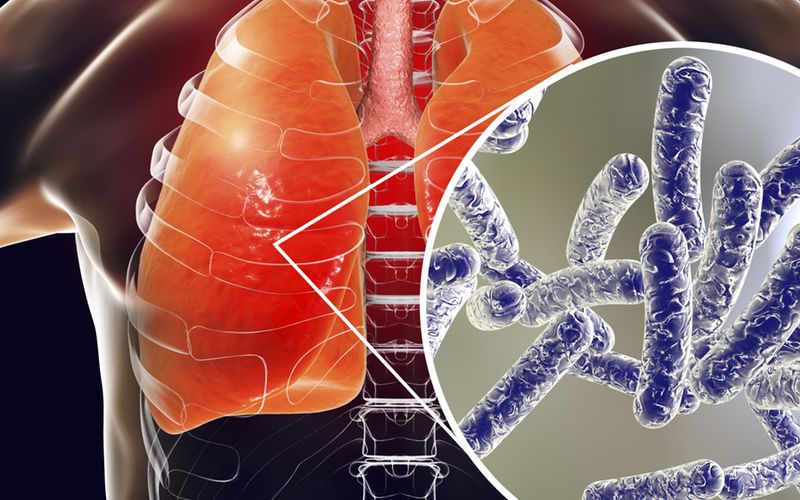Repeat Legionnaires' Disease Outbreaks Illustrate Need for Prevention Strategies


After contracting Legionnaires' disease, a guest is suing a Waco hotel location and its corporate owner. The lawsuit reveals that this wasn't the first — or even the second — time water from this particular building had caused the potentially deadly disease. Local public health officials confirmed that two cases of Legionnaires' disease emanated from The Fairfield Inn Waco North in 2016, two more cases in 2017, and 3 cases in 2018, the Waco Tribune-Herald reported.
This recurrence of disease reveals just how important it is to identify and manage Legionella in building water. That's why the Centers for Disease Control and Prevention (CDC) urges owners and operators of a range of buildings — from hotels to apartments to health care, senior living, and assisted living facilities — to develop and implement comprehensive water management programs. Facility managers should then use accredited labs with demonstrated capability in microbiology testing to make sure their control measures are actually working.
Moving From Crisis Management to Prevention
For nearly 20 years, the number of CDC reported cases of Legionnaires' disease in the U.S. has been on the rise. Controlling this dangerous waterborne disease requires shifting from an emergency management response mindset to a preventive one. That's why it's so crucial for diverse stakeholders — including building owners, public health officials, water systems engineers, scientists, and lab managers — to work together to cultivate a culture of prevention.
Lab leaders can support prevention strategies for building managers in many ways. The first step is for labs to encourage facilities managers to develop water management plans, which include routine testing for validation. Then, labs can work alongside water treaters and specialized consultants to help water safety teams develop the most appropriate testing plans to monitor Legionella pneumophila levels in their specific facilities. Once plans are in place, labs should ensure they are providing the most accurate and reliable testing services to these customers.
Learn how IDEXX’s Legiolert can help detect Legionella pneumophila.
The Importance of Accurate Test Results
Elevated Legionella levels can quickly become a matter of life or death, which is why accuracy is so important. A frequently cited 2001 article from the International Journal of Hygiene and Environmental Health examined false negative Legionella pneumophila results in a chlorinated public hot water distribution system. "False negative results may lead to a false sense of security regarding the safety of water systems or the success of disinfection measures," the article explained. False negative results endanger public health.
That's why labs should make sure that they're equipped to perform timely and accurate Legionella pneumophila tests and should check that their customers' teams have the training, protocols and/or support necessary to not only appropriately collect the required sample, but also interpret the test results in the context of their facility's water management plan.
Supporting Facilities Managers
Lab managers and facilities managers need to work collaboratively to ensure the safety of any water that any resident, patient, employee, or customer might breathe. When labs support increased awareness, water safety planning, and routine testing, they will likely earn customer loyalty, and building managers will be empowered to curb the number of future outbreaks, once and for all.






